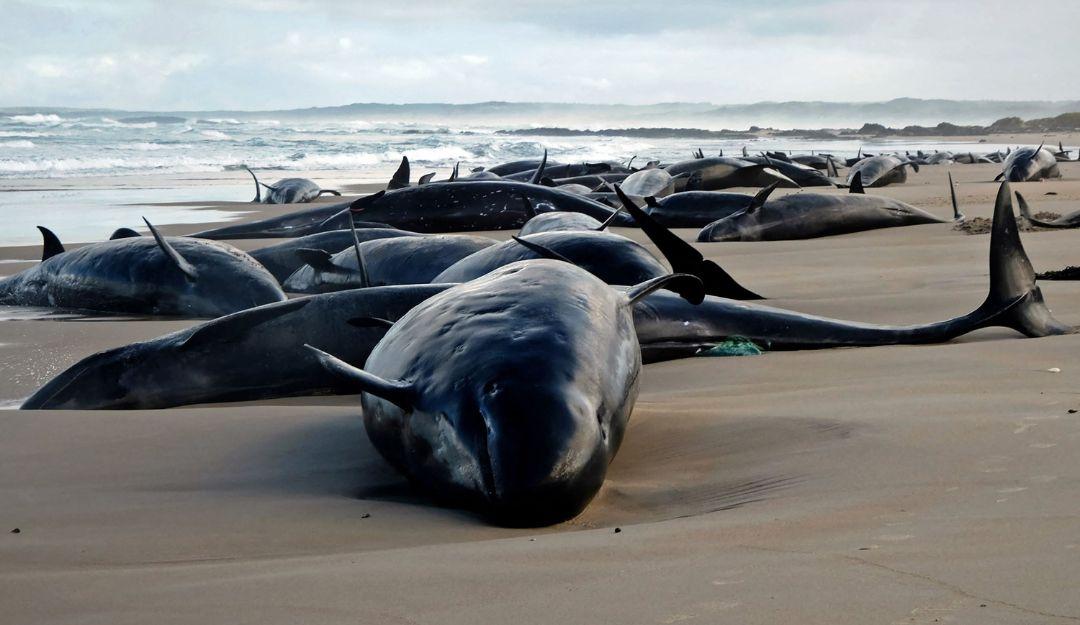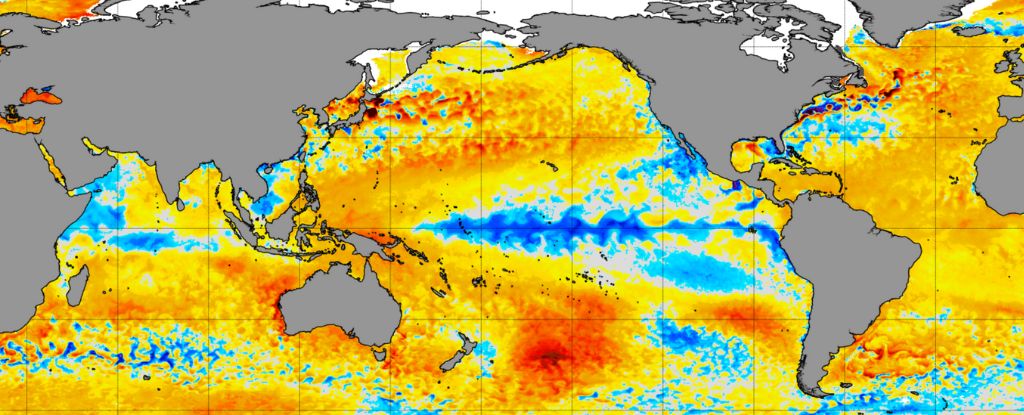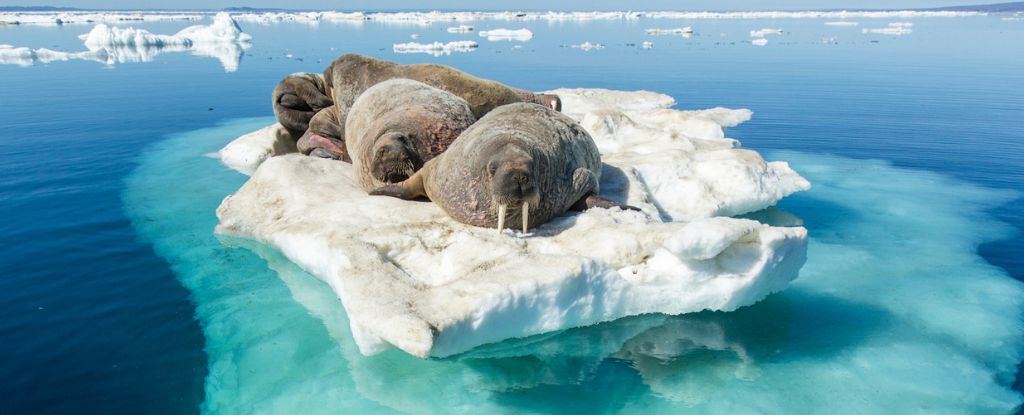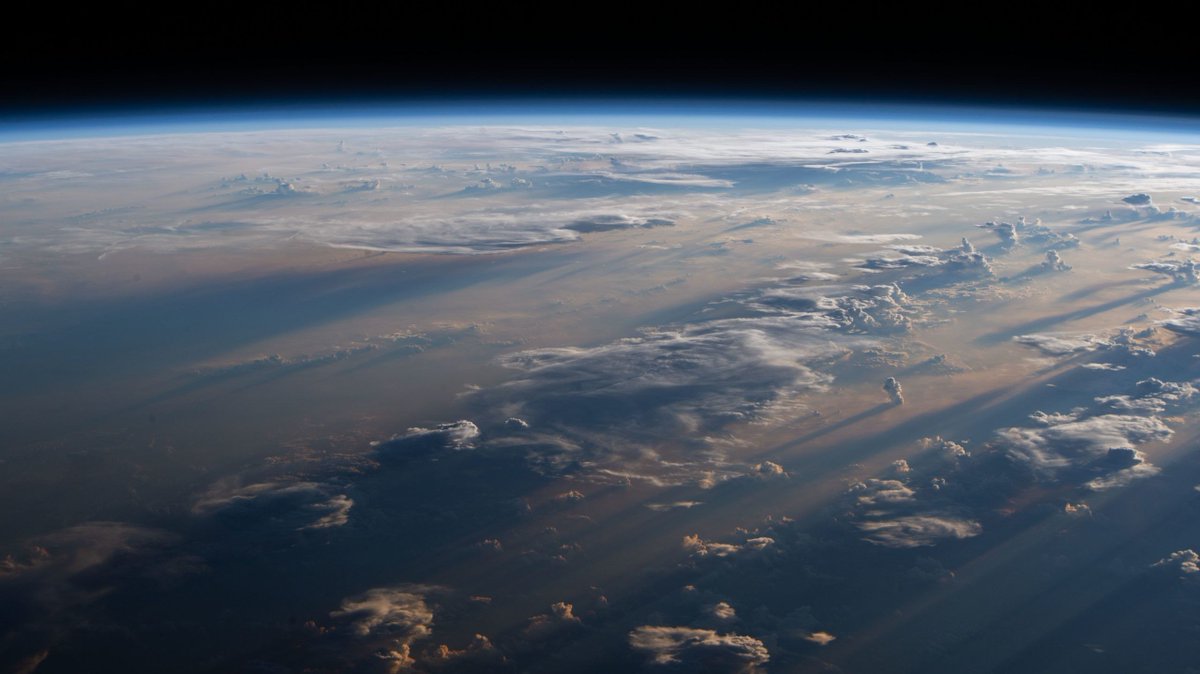
A pod of 157 dolphins has become stranded on a remote beach in Tasmania, with dozens already dead and efforts underway to save the survivors.

The team warns that if this trend continues, in only the next 20 years, we will exceed the sea surface temperature rise we've experienced in the last 40 years.

Surprising new evidence of variable heat tolerance in corals was discovered recently. As the world's oceans warm, these differences are important.

The sea surface temperature in the Fijian archipelago in the southwestern Pacific is now at its maximum for more than 600 years.

The Atlantic hurricane season does not begin for another eight weeks, but we are deep in the heart of hurricane season prediction season.

New oceanic research provides clear evidence of a human "fingerprint" on climate change and shows that specific signals from human activities have altered the seasonal cycle amplitude of sea surface temperatures (SST).

July was a recording breaking month for both land and sea temperatures, according to EU climate observers Copernicus.

A study published in April found the heat in the climate system was accelerating, spelling bad news for the oceans. It found the rate of change in how much heat the Earth has accumulated has more than doubled over the last two decades.

A new modeling shows that marine heatwaves can unfold deep underwater, too – sometimes in tandem with heatwaves that ripple across the ocean surface or else when there is no detectable warming signal above.

Ocean heat, a strong marker of climate change, reached a record high in 2022, helping to explain the ever-escalating pattern of extreme weather events of late.

The Southern Ocean has dominated the global absorption of heat. In fact, Southern Ocean heat uptake accounts for almost all the planet's ocean warming, thereby controlling the rate of climate change.

The ocean memory decline is expected to make it significantly harder for scientists to forecast upcoming ocean dynamics. It will hinder our ability to project monsoons, marine heatwaves and periods of extreme weather, among other things.

Warmer oceans can lead to large amounts of methane being released from the seabeds, which may amplify climate warming.

The study finds that the amount of heat in the oceans last year broke the previous 2020 record by around 14 zettajoules. That’s equivalent to at least 20 times the entire world’s annual energy consumption.

A team from NASA and NOAA found that the Earth’s “energy imbalance” doubled between 2005 and 2019. The Earth is absorbing more energy than it was emitting.